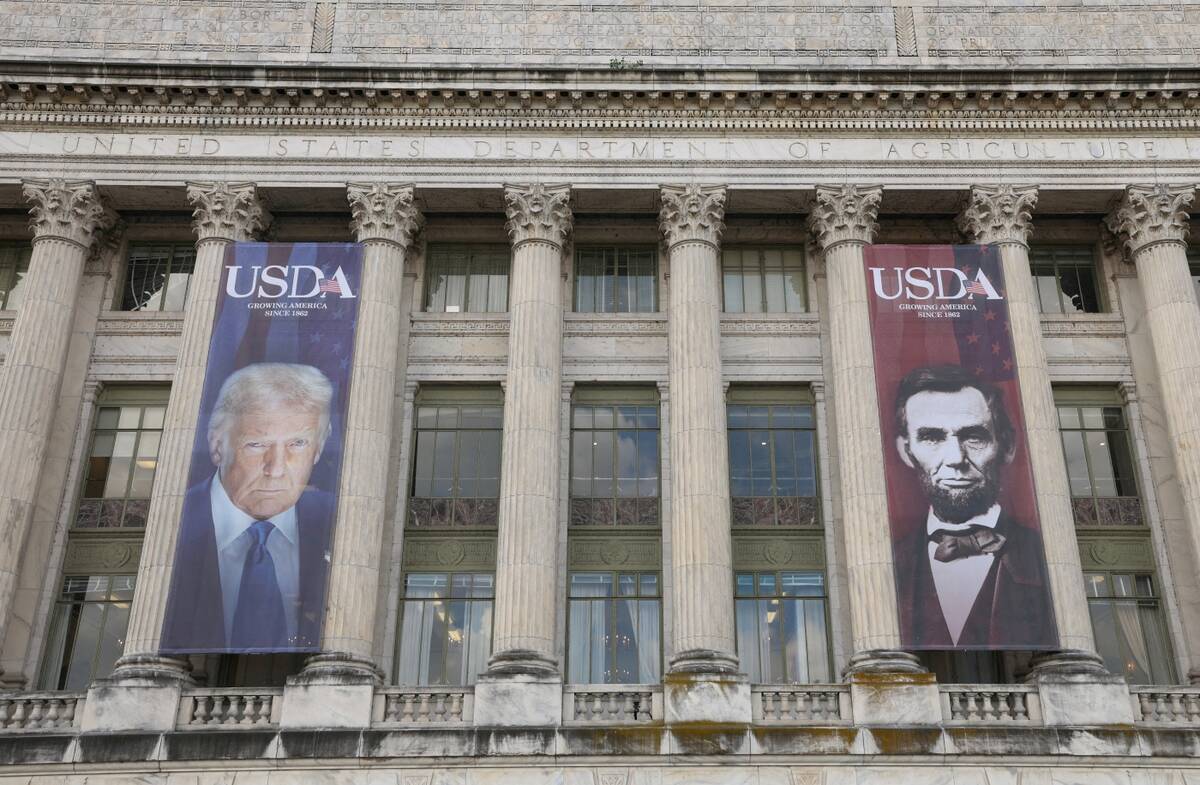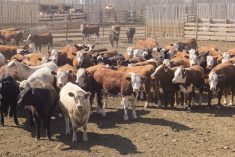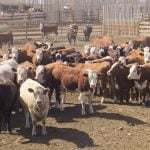Chicago | Reuters — Chicago Mercantile Exchange feeder cattle futures reached a contract high for a second consecutive session on Tuesday, while live cattle futures retreated from a contract high set a day earlier, brokers said.
Reduced U.S. herd sizes due to drought have propelled futures higher recently, though some brokers said supply concerns have somewhat been dialed in to the markets for now.
Easing corn futures also underpinned the feeder cattle market by signaling cheaper prices for livestock feed, brokers said.
A combination of “weak corn futures, weak corn basis and tighter-trending supplies” of cattle are supportive for feeder cattle, broker StoneX wrote in a note.
Read Also

Farmers, traders ‘flying blind’ as U.S. shutdown blocks key crop data
U.S. data vital to global grain and soybean trading has gone dark during the country’s federal government shutdown, leaving commodity traders and farmers without crop production estimates, export sales data and market reports during the peak of the autumn harvest.
“Some empty pens are starting to show up,” the firm said.
CME April feeder cattle futures finished 0.075 cent higher at 198.675 cents after touching a contract high of 199.4 cents (all figures US$).
April live cattle closed 0.125 cent weaker at 165.975 cents per pound after rising on Monday to a high of 166.675 cents.
Wholesale beef prices were mixed. Choice cuts pulled back $2.27, to $287.93/cwt, while select cuts rose $1.02, to $277.49/cwt, the U.S. Department of Agriculture said.
USDA estimated meatpackers slaughtered 127,000 cattle, up from 126,000 cattle a week ago and 124,000 cattle a year earlier. Packers killed an estimated 485,000 hogs for meat, unchanged from last week and up from 480,000 hogs a year earlier, the department said.
CME April lean hogs advanced 1.325 cents to settle at 84.8 cents/lb. Deferred hog contracts stumbled.
USDA on Wednesday will provide an update on meat and grain supplies and demand in a monthly report.
In Brazil, the government expects to resume beef exports to China in the next few days and is planning to request a revision of the protocol that triggered a ban after Brazil discovered a case of BSE, a government official said.
— Tom Polansek reports on agriculture and ag commodities for Reuters from Chicago.
















